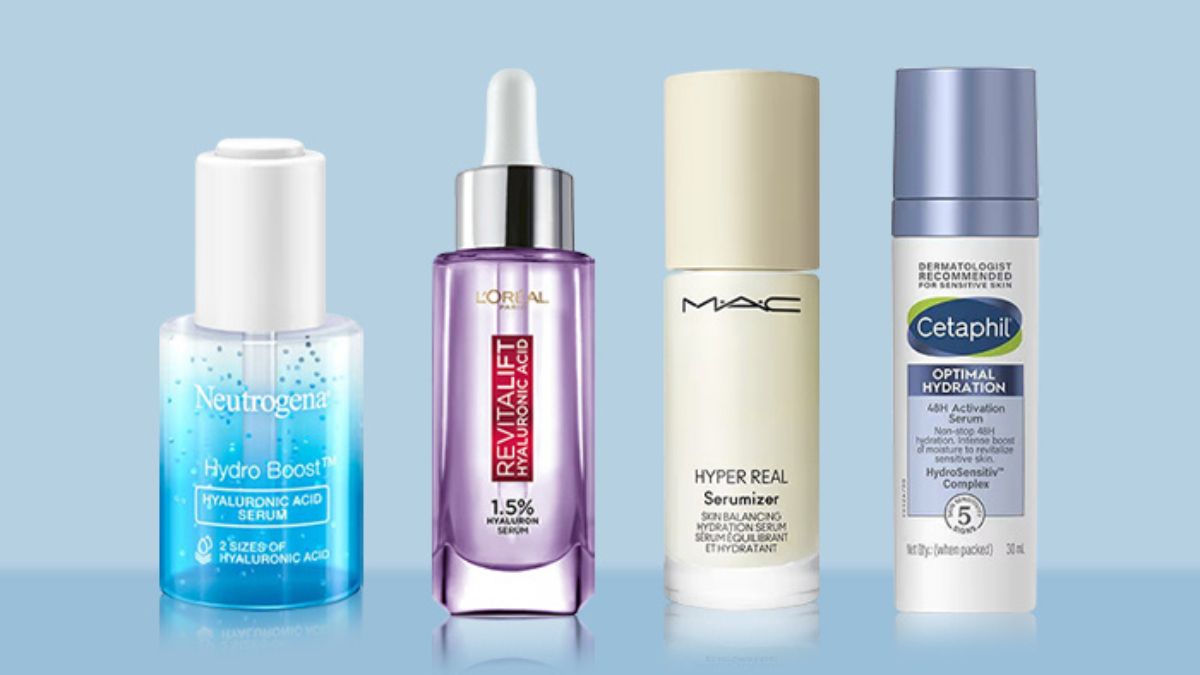In the ever-evolving world of skincare, understanding the science behind ingredients is key to choosing the right products for your skin’s needs. By decoding skincare labels and formulations, you can make informed decisions and achieve optimal results. Here’s a deep dive into the science of skincare ingredients:
- Alpha Hydroxy Acids (AHAs): AHAs, such as glycolic acid and lactic acid, are chemical exfoliants that work by loosening the bonds between dead skin cells, promoting cell turnover, and revealing smoother, brighter skin. They can help improve skin texture, reduce the appearance of fine lines and wrinkles, and fade hyperpigmentation.
- Beta Hydroxy Acid (BHA): BHA, commonly known as salicylic acid, is a chemical exfoliant that penetrates deep into the pores, unclogging them and reducing acne breakouts. It also has anti-inflammatory properties, making it effective for treating acne-prone and congested skin.
- Retinoids: Retinoids, including retinol, retinaldehyde, and prescription-strength retinoids like tretinoin, are derivatives of vitamin A that stimulate collagen production, increase cell turnover, and fade hyperpigmentation. They are highly effective for reducing wrinkles, improving skin texture, and treating acne, but they can also cause irritation and sensitivity if not used properly.
- Vitamin C (Ascorbic Acid): Vitamin C is a potent antioxidant that helps protect the skin from environmental damage, such as UV radiation and pollution, and brightens the complexion by inhibiting melanin production. It also stimulates collagen synthesis, resulting in firmer, more youthful-looking skin.
- Hyaluronic Acid: Hyaluronic acid is a humectant that attracts and retains moisture, making it a highly effective hydrating ingredient for all skin types. It plumps and hydrates the skin, reduces the appearance of fine lines and wrinkles, and enhances overall skin texture and elasticity.
- Peptides: Peptides are chains of amino acids that serve as building blocks for proteins like collagen and elastin. When applied topically, peptides can help stimulate collagen production, improve skin firmness and elasticity, and reduce the appearance of wrinkles and sagging skin.
- Antioxidants: Antioxidants, such as vitamin E, green tea extract, and resveratrol, help neutralize free radicals and protect the skin from oxidative stress, preventing premature aging and damage. They also have anti-inflammatory properties, making them effective for soothing and calming irritated or sensitive skin.
Understanding the science of skincare ingredients empowers you to choose products that target your specific concerns and deliver visible results. When selecting skincare products, look for evidence-based formulations with clinically proven ingredients and concentrations that are suitable for your skin type and concerns. By incorporating effective skincare ingredients into your routine, you can achieve healthier, more radiant skin and address your skincare goals with confidence.


